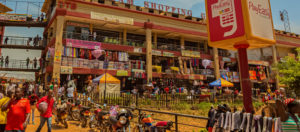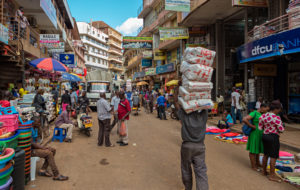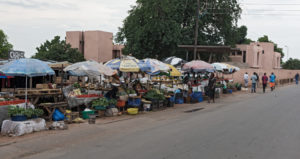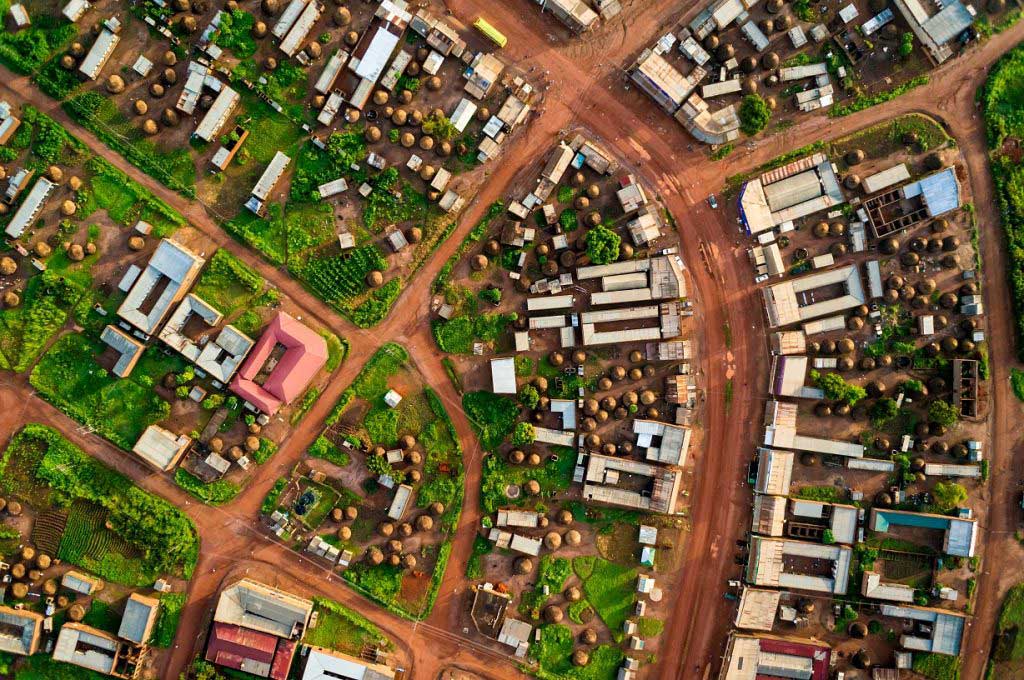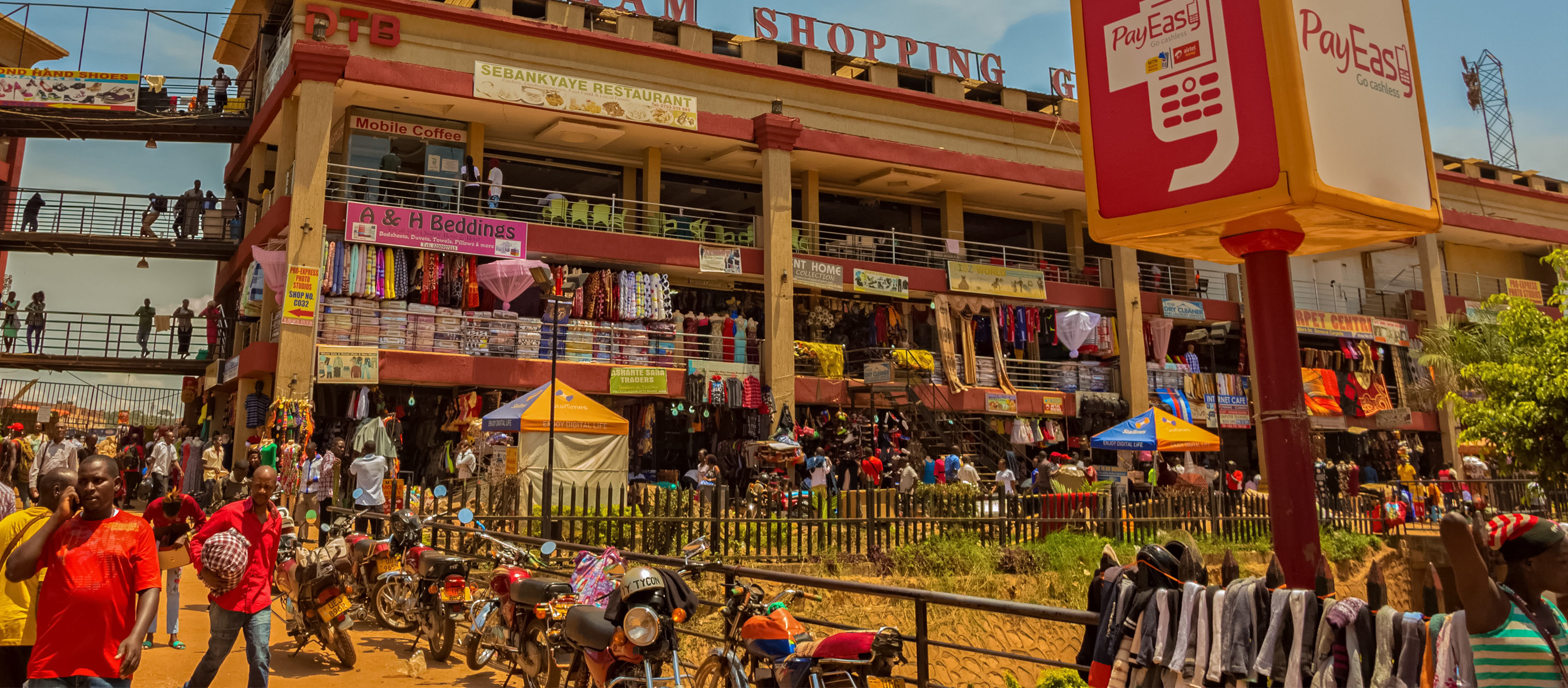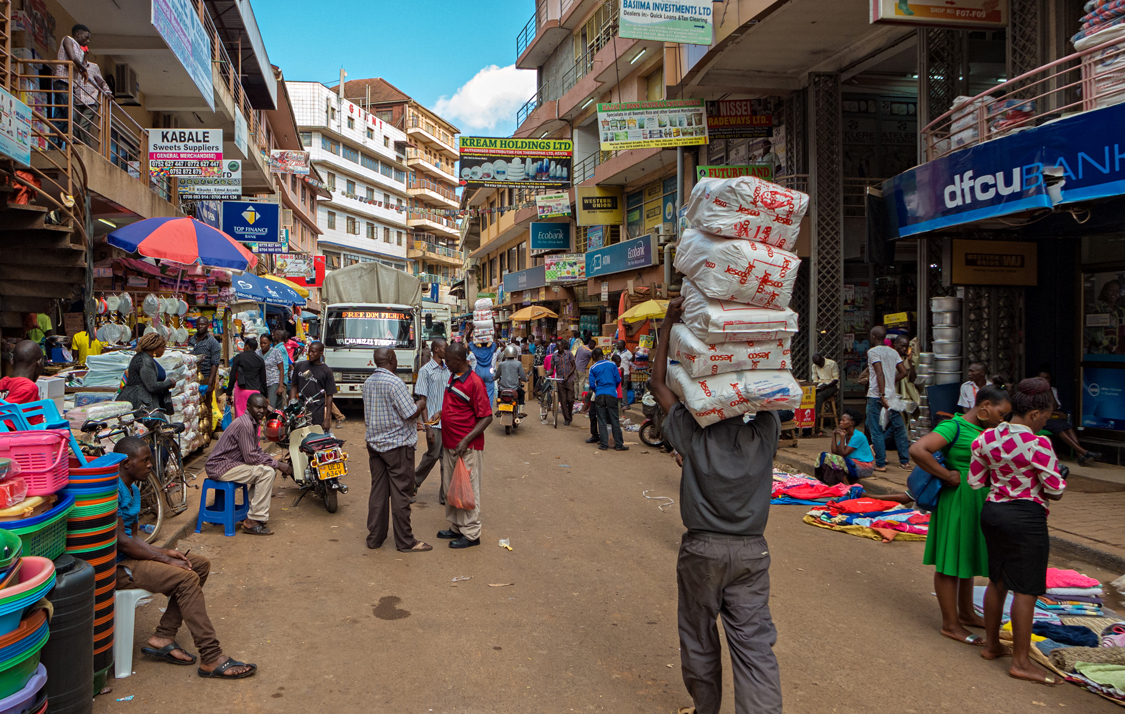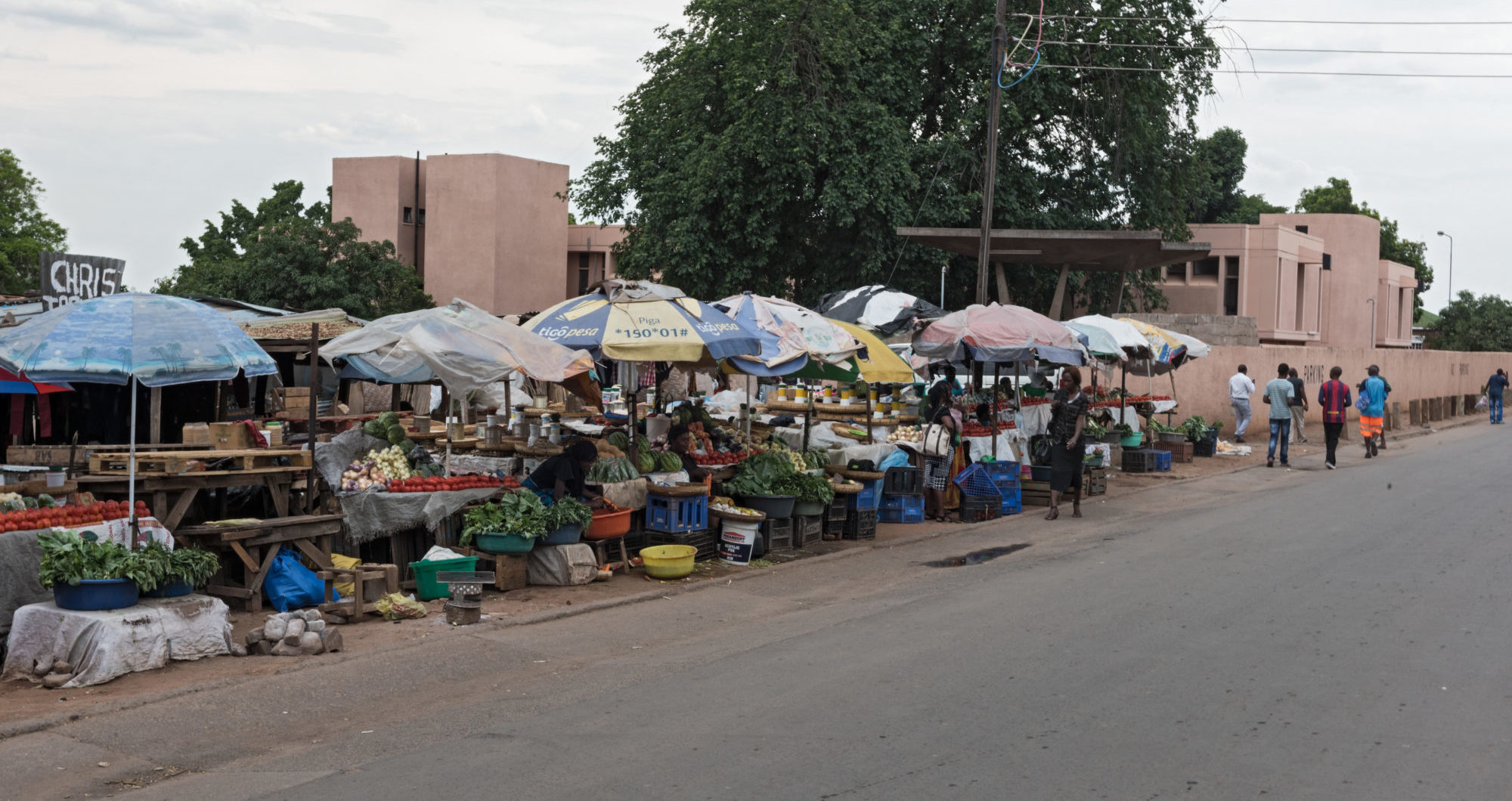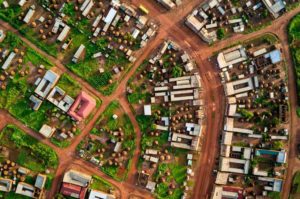
Building concrete markets: The role of insurance in property markets in Africa
The housing shortfall in Africa is immense. For instance, the World Bank (2017) estimates that across eight countries in West Africa about 800,000 new housing units are needed every year to address the housing shortages. Yet, banks in these countries collectively only issue 15,000 new mortgages per year. Similar shortages
